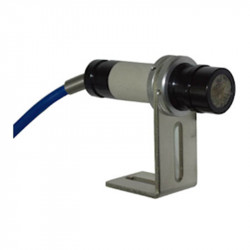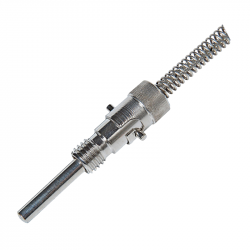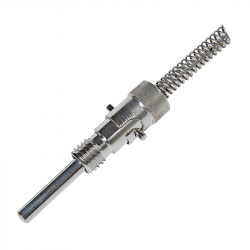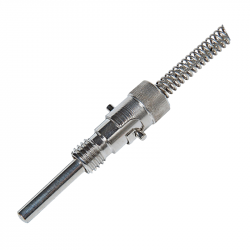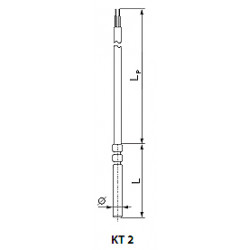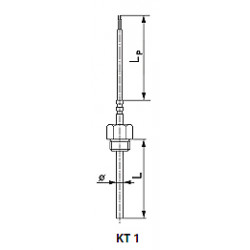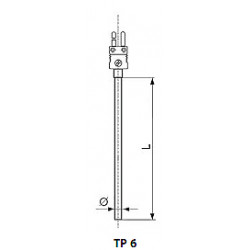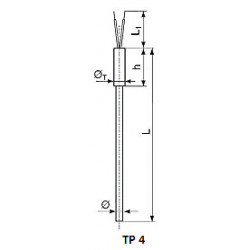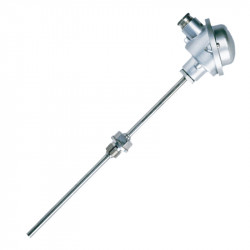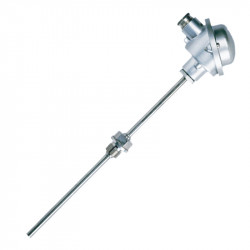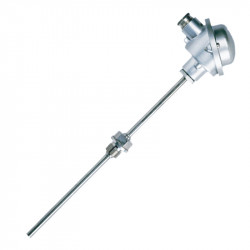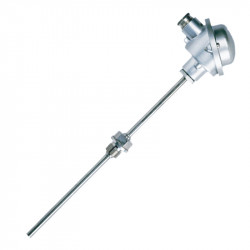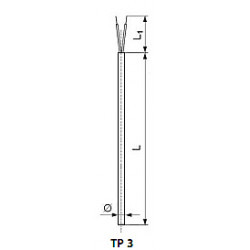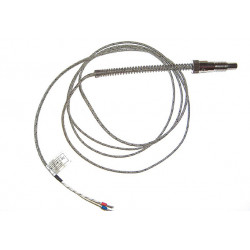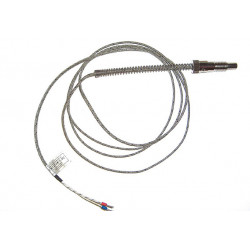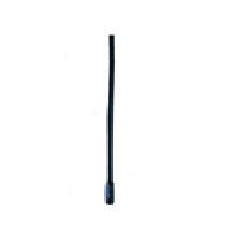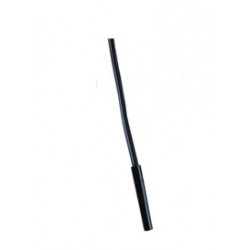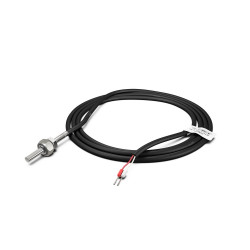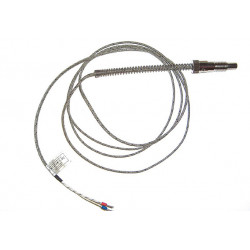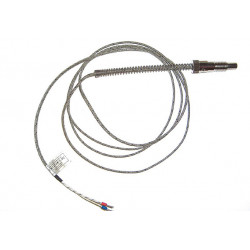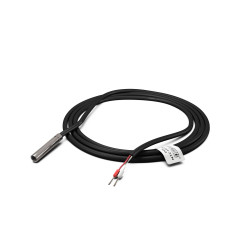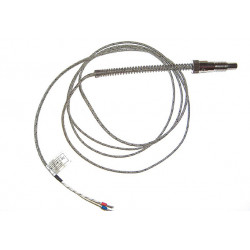Морате бити пријављени да
Термопарови
Категорије
- Бесконтактни температурни сензори за покретне предмете - Ц015
- Термоелектрични температурни сензор са заменљивим, обложеним мерним уметком у металној заштитној цеви ТД 1
- Термоелектрични температурни сензор са заменљивим, обложеним мерним уметком у металној заштитној цеви ТП 1
- Термоелектрични температурни сензор са заменљивим, обложеним мерним улошком у металној заштитној цеви ТД 2
- Термоелектрични сензор температуре - мерење у три тачке. врста: тв
- Сензор температуре термоелемента са слободним крајевима. врста: тп 3
- Сензор температуре термоелемента са чаурама. врста: тп 4
- Сензор температуре термоелемента са утикачем. врста: тп 6
- Термоелектрични или отпорни температурни сензор. тип: кт1
- Термоелектрични или отпорни температурни сензор. тип: кт2
- Равни термоелемент (Ј, К, Н) - ТЦ-07
- Обложени термоелемент (Ј, К, Н) - ТЦ-42
- Термоцуплу цу цонекиуне филетата (Ј) - ЕТБ
Нудимо широк асортиман термопарова за индустријске и аутоматизационе примене
Мерење температуре је један од најважнијих послова у аутоматизацији – у индустријским условима најчешће се користе термопарови и отпорнички температурни сензори (RTD).
Термопарови – примене
Термопарови, познати и као термоелектрични сензори температуре, представљају једно од најпопуларнијих решења за мерење температуре у индустрији. Главна подручја примене укључују лабораторије, транспорт, мерну и контролну опрему, системе за прикупљање података, вишеканалне аутоматске уређаје, скенере, термовизијске системе и војну опрему.
Предности термопарова:
- ниска цена;
- једноставна, чврста и поуздана конструкција;
- предвидљиви излазни напони;
- могућност коришћења у хемијски агресивним срединама;
- широк опсег мерених температура од -100°C до преко 2500°C;
- висока прецизност мерења.
Које су врсте термопарова?
За производњу термопарова користи се неколико врста металних легура, од којих је свака намењена за различите примене.
Тип E – легуре погодне за температуре од -200°C до 871°C. Користе се у атмосферима од вакуума до благо оксидујућих и при веома ниским температурама.
Тип J – легуре погодне за ниже температуре (0°C до 600°C). Користе се у хемијској индустрији (производња пластике).
Тип K – индустријски стандард за температуре до 1250°C.
Тип T – легуре погодне за температуре од -200°C до 350°C. Често се користе у прехрамбеној индустрији.
Погледајте и наше сензоре температуре и влажности који су доступни у нашој широкој понуди!




